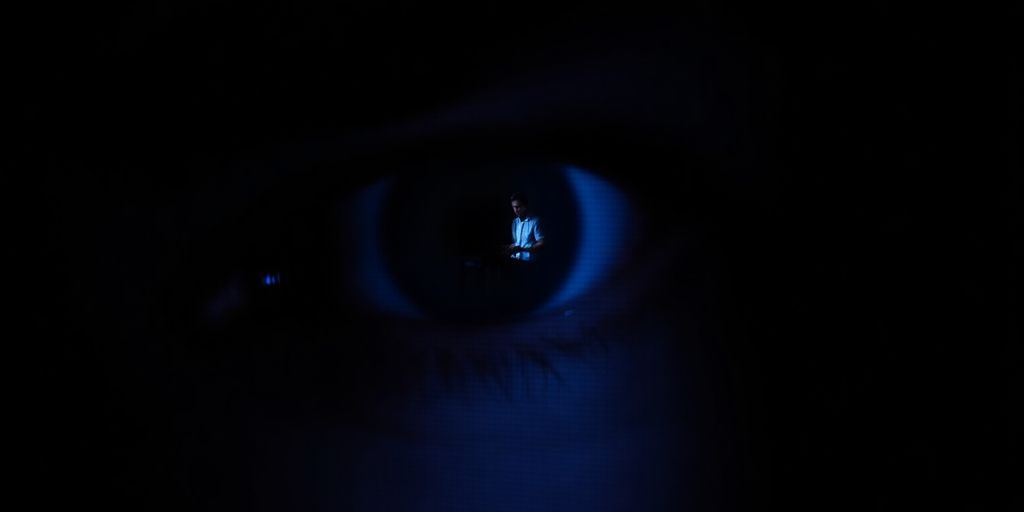A new report by the Balkan Investigative Reporting Network (BIRN) reveals a disturbing trend of increasing surveillance and censorship across the Western Balkans. Governments in Albania, Kosovo, Montenegro, and Serbia are expanding the use of biometric surveillance and facial recognition technologies, alongside employing spyware, digital censorship, and legal harassment to suppress critical voices and undermine democratic engagement.
Digital Rights Under Siege: Western Balkans Face Escalating Surveillance and Censorship
Key Takeaways
- Biometric surveillance and facial recognition technologies are rapidly expanding across Albania, Kosovo, Montenegro, and Serbia, raising significant privacy and ethical concerns.
- Governments are increasingly using spyware, digital censorship, and legal harassment to target journalists, activists, and minority voices.
- Despite legal frameworks often aligning with EU standards, weak enforcement and vague provisions lead to significant gaps in protecting freedom of expression, privacy, and digital rights.
- Notable examples include Albania’s TikTok ban, Serbia’s pervasive surveillance, and the use of Pegasus spyware against civil society and journalists.
Expanding Surveillance Technologies
The report highlights the growing prevalence of biometric surveillance and facial recognition technologies throughout the Balkans. Projects like Albania’s "Smart City" initiative and secret acquisitions in Montenegro underscore issues of transparency and potential data misuse. In Serbia, the widespread deployment of facial recognition without legal safeguards has fueled fears of unlawful surveillance and state overreach, while Kosovo’s opaque surveillance practices add to regional concerns.
Tactics of Suppression
Governments are employing various tactics to control digital narratives and suppress dissent:
- Spyware: Serbia has seen troubling instances of Pegasus spyware being used against civil society, journalists, and activists, including BIRN journalists. Despite calls for accountability, the government has not responded.
- Digital Censorship: Albania’s one-year TikTok ban, citing concerns over violent content, has been criticized for lacking transparency and raising digital rights and free speech concerns. The use of Deep Packet Inspection (DPI) tools to enforce the ban also raises fears of mass surveillance.
- Legal Harassment: Journalists, human rights defenders, and activists face increasing online harassment, surveillance, and legal challenges. In Albania, security laws are used to restrict online content, while in Bosnia, defamation laws target journalists. Serbia employs informal tactics, such as intimidating interviews, to limit free expression.
Legal Frameworks and Enforcement Gaps
While legal frameworks in the Western Balkans often align with EU standards, their practical implementation is severely lacking. This leads to weak protections for freedom of expression, privacy, and digital rights. For instance:
- Albania and Kosovo: Laws protecting digital rights exist, but weak enforcement and vague provisions allow for government overreach.
- Bosnia and Herzegovina: Media freedom has regressed, particularly in the Republika Srpska entity.
- Montenegro: Outdated data protection laws persist, and surveillance scandals targeting journalists have occurred.
- North Macedonia: Enforcement of digital rights has been delayed.
- Serbia: Implementation of EU-aligned laws is hindered by politicized institutions, unregulated surveillance, and proposed legal amendments threatening press freedom.
Megi Reci, BIRN Digital Rights Programme Research Lead and co-author of the report, emphasized that surveillance technologies, intended for security, are increasingly weaponized to stifle dissent and control public discourse. She noted that in Serbia, the pervasive fear of being watched leads to widespread self-censorship, while in Albania, tools used to block platforms raise concerns about their potential use for surveillance.
The Critical Role of Independent Actors
As surveillance and censorship practices become more sophisticated, the need for independent actors to investigate, monitor, document, and report violations becomes ever more critical. Reci stated that exposing how power is wielded behind closed doors helps protect not just individual rights, but also the spaces where dissent, debate, and accountability can exist.






